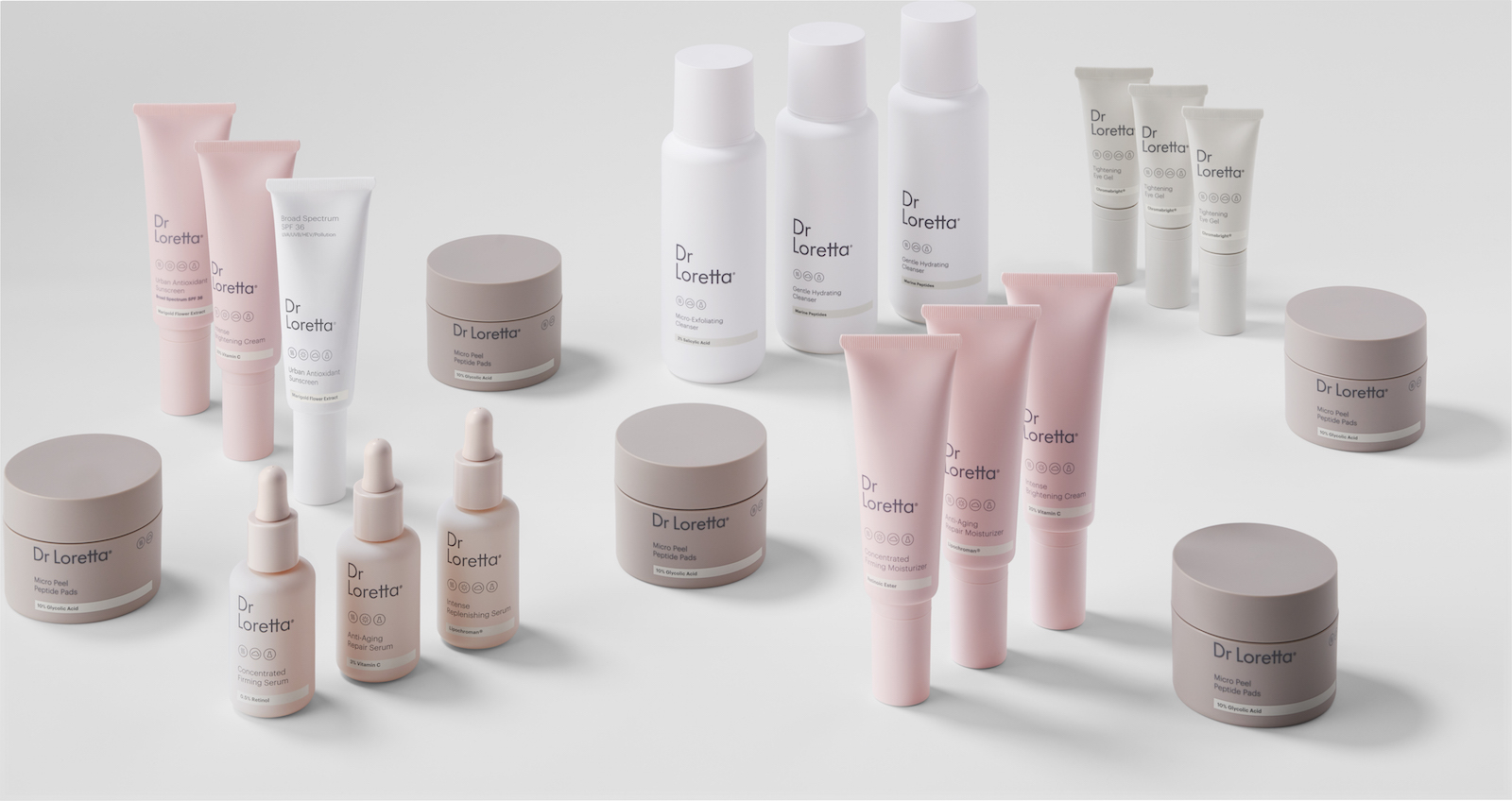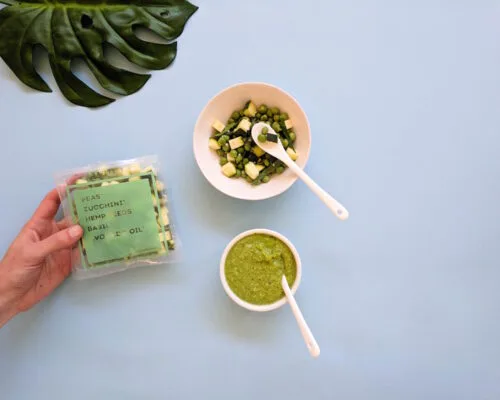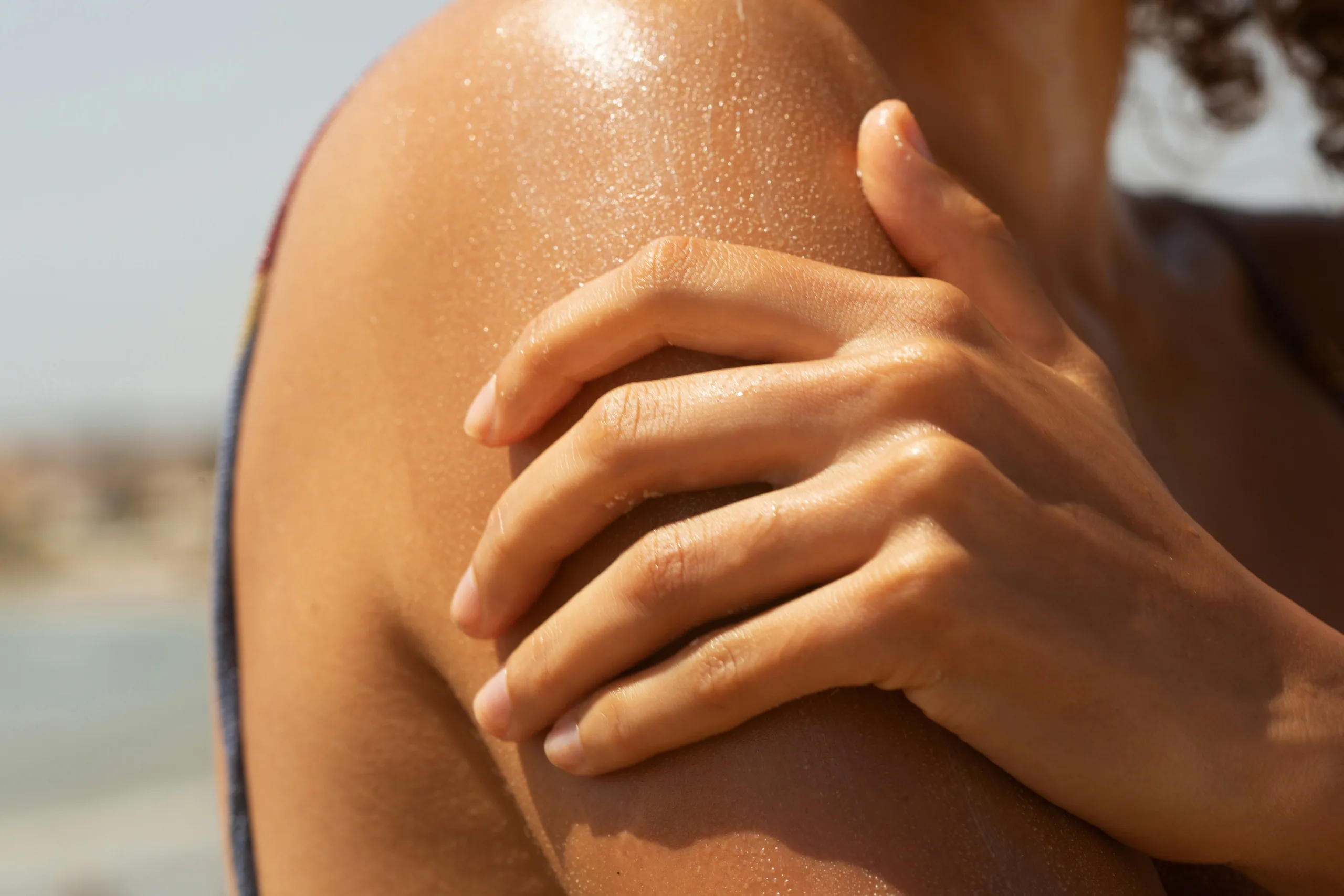By Emma Stessman
Bad news: Too much sunshine isn’t the only threat you have to watch out for when it comes to protecting your complexion over the long-term.
If you want to look and feel amazing as you age (duh!), that daily sunscreen application is super important and will protect your skin from UV rays. But there are other things that contribute to skin damage that you might not be considering.
To be exact, there are four main factors that contribute to common signs of skin damage, like wrinkles, age spots, redness, and rough texture, explains Loretta Ciraldo MD, FAAD, a Miami-based board-certified dermatologist and the co-founder of skin-care brand Dr. Loretta.
RELATED: 5 Surprising Natural Solutions to Common Skin-Care Issues
Dr. Ciraldo has super impressive credentials when it comes to skin protection. She was one of the first people to study the effects of UVA radiation on the skin in the ‘70s, and she created a product line that specifically addresses these four damaging factors.
So, we sat down with her to get the complete rundown on what exactly you should be protecting your skin against—and the best ways to do that.
The Four Factors That Contribute to Skin Damage and Aging
Light
Let’s start with the one you’re aware of. UVA and UVB rays can cause serious damage and even lead to skin cancer, so using a strong SPF as a daily defense is super important. But sunlight is only part of the problem. “Visible light given off by digital devices—called HEV (High Energy Visible) light—causes more pigmentation, redness, and inflammation that is longer lasting that UVB or UVA,” Dr. Ciraldo says.
One solution is to finally go on that digital detox you’ve been talking about, but since it’s nearly impossible to be totally disconnected in this day and age, Dr. Ciraldo says to look for skin-care products with the active ingredient chromobright, which can help protect against HEV light and correct the uneven skin tone that may result.

Pollution
“Pollutants often are very tiny particles that penetrate readily into living layers of skin where they cause free radical damage,” says Dr. Ciraldo. Antioxidants are your first dietary line of defense in protecting your body from free radicals, and the same concept applies to your skin care.
Pro tip: Most of the antioxidant-containing products on the market only protect against oxygen free radicals. They don’t defend against damage caused by other free radicals like nitrogen (from car exhaust and cigarette smoke) or carbon (from things like paints and cleaning solvents), Dr. Ciraldo explains. That’s why she recommends products that contain lipochroman, a super powerful antioxidant that can protect the skin from all three kinds.
And being confined to the office all day doesn’t mean you’re immune to the effects of a smoggy city. “The World Health Organization now tells us that indoor pollution levels are even higher than outdoor,” Dr. Ciraldo says. “You need to apply antioxidant-laden products morning and night, whether you’re inside or outdoors.”
Weather
Raise your hand if you rock an oily shine on summer days but come winter your skin is basically crying out for moisturizer. Yes, your skin changes with the weather. “Dry, winter weather causes lower levels of moisture-trapping lipids on the skin surface so our skin gets redder, rougher, and drier, and wrinkles become exaggerated in appearance,” Dr. Ciraldo explains. “Hot, humid weather causes exaggeration of blood vessels and an increase in oiliness and breakouts.”
When it’s hot out, you want to look for products that control oil levels without drying out your skin. When the colder weather starts to creep in, switch to more lipid-laden products (like products with omega fatty-acids).
RELATED: 9 DIY Beauty Products You Can Make With Healthy Foods
Irritants
The final factor that could be damaging your skin might actually be embedded in some of your go-to skin-care products. Certain ingredients found in common products can cause irritation to your skin, which not only leads to some annoying redness but can also “activate an inflammatory cascade in the skin that starts to break down collagen and elastin, leading to worsening of lines and wrinkles,” says Dr. Ciraldo. (Yikes!) Irritating ingredients to stay away from include, “denatured/ethyl alcohol, sulfates, artificial dye, artificial fragrance/parfum, formaldehyde-releasing preservatives, and parabens,” she says.
When your skin does get irritated, pay close attention to the products you’re putting on. While products with high levels of vitamin C or AHA (alpha hydroxy acid) can be beneficial to the skin at times, when your skin is irritated, apply these product sparingly and never to any areas that are red, sensitive or peeling.
Stay attentive on all four of these fronts and you’ll be on your way to great skin that really lasts.
(Featured Photo: Shutterstock)





























